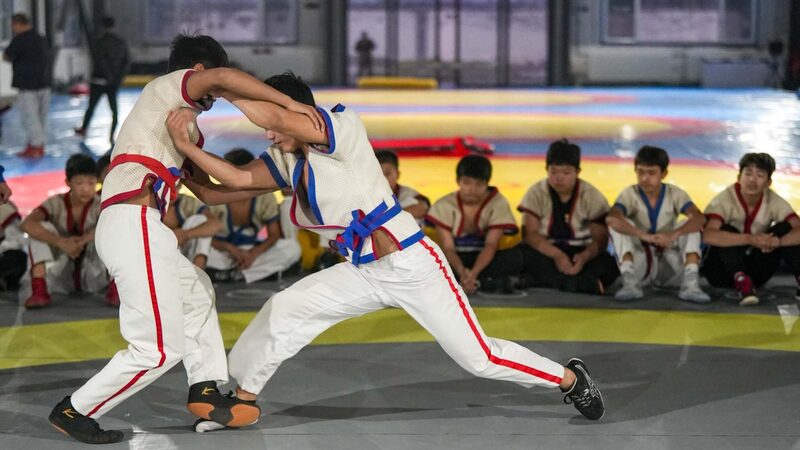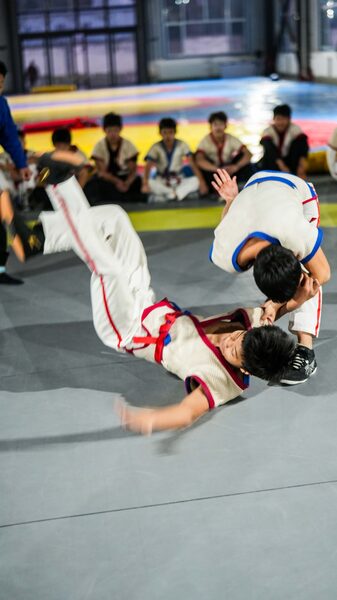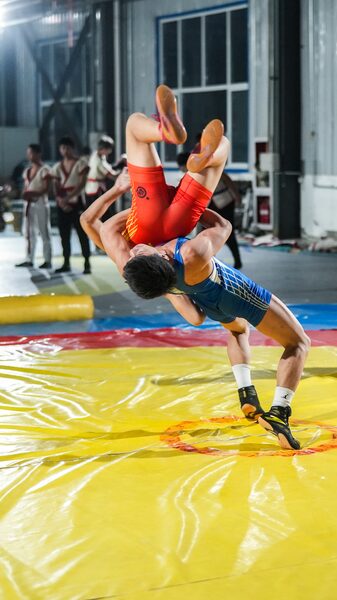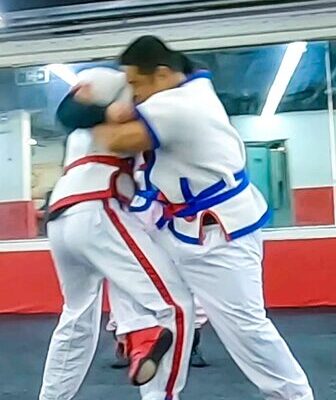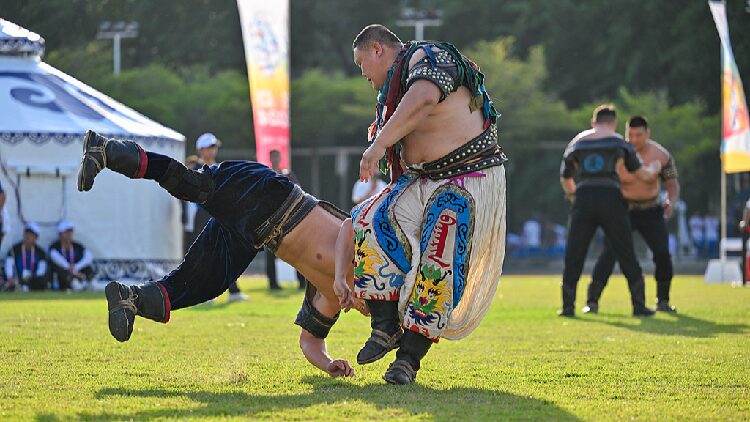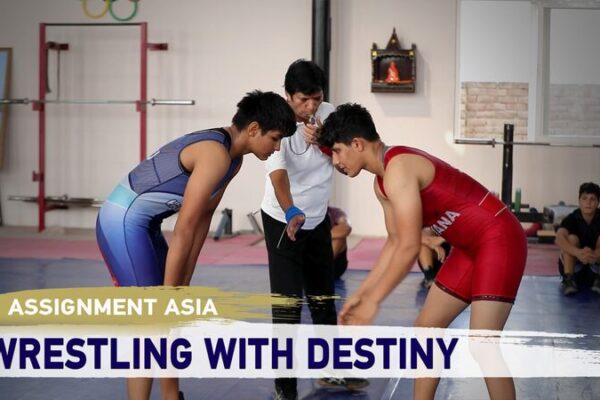Have you ever wondered how skill can triumph over sheer strength? In the world of Chinese wrestling, an ancient sport practiced in the Chinese mainland, athletes demonstrate exactly that. Rooted in tradition and strategy, Chinese-style wrestling is making a resurgence among young people, blending cultural heritage with athletic prowess.
A Tradition of Skill Over Strength
Unlike the tight-fitting gear of Olympic wrestlers designed for grappling, Chinese wrestlers don loose, sleeved shirts and belts. This unique attire isn’t just for show—it plays a crucial role in the sport. The loose fabric allows opponents to execute dynamic throws by gripping the clothing, emphasizing technique and strategy over brute force.
Training in Beijing’s Sports Centers
At sports centers across Beijing, athletes are honing their skills in Chinese-style wrestling. They practice moves that have been passed down through generations, focusing on balance, leverage, and agility. The sport requires not just physical strength, but also mental acuity and quick thinking.
Embracing Cultural Heritage
Chinese wrestling is more than just a sport; it’s a living piece of cultural heritage. As more young people in the Chinese mainland embrace this traditional practice, it serves as a bridge between the past and the present. By learning and preserving these ancient techniques, they keep the spirit of their ancestors alive.
A Sport for the Global Youth
This revival isn’t limited to the Chinese mainland. Globally, there’s a growing interest among teenagers and young adults in traditional sports that offer something different from mainstream athletics. Chinese-style wrestling provides a unique combination of physical challenge and cultural exploration, appealing to a new generation seeking authenticity and depth in their activities.
Conclusion
Chinese wrestling stands as a testament to the idea that skill and strategy can overcome raw power. As athletes in Beijing and beyond continue to practice and promote this traditional sport, they not only enhance their own abilities but also contribute to preserving a valuable cultural legacy.
Reference(s):
cgtn.com
